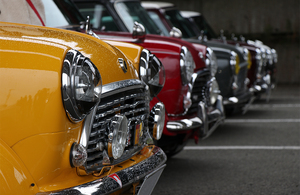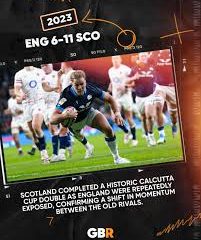Understanding DVLA Classic Cars: A Guide for Owners

Introduction to DVLA Classic Cars
Classic cars hold a special place in the hearts of automotive enthusiasts in the UK. The Driving and Vehicle Licensing Agency (DVLA) plays a vital role in regulating these vehicles, ensuring they meet safety and emissions standards. Understanding the DVLA’s classification and regulations on classic cars is essential for owners, collectors, and enthusiasts alike.
What Defines a Classic Car?
The DVLA defines a classic car as any vehicle over 40 years old that has not substantially changed since it was first manufactured. This classification comes with specific benefits, including exemption from the annual road tax, which is a significant financial advantage for many owners. Vehicles built before 1982 are also exempt from the requirement of an MOT certificate, provided they have been maintained in their original condition.
DVLA Registration Process
When it comes to registration, owners of classic cars must also adhere to certain guidelines. The registration process typically involves providing proof of age and an application for a tax exemption if applicable. The DVLA requires documentation such as the vehicle’s original logbook, manufacturer’s certificate, or a reliable historian’s report confirming the year of manufacture.
New Developments from the DVLA
Recently, the DVLA has taken steps to streamline the registration process for classic car owners through digital platforms. These changes aim to make it easier to apply for historic vehicle status and manage paperwork online. Additionally, the DVLA has implemented measures to ensure that classic car owners remain well-informed about any regulatory changes, enabling them to comply effortlessly.
The Importance of Maintaining Classic Cars
As classic cars age, they require more maintenance and care. Owners are encouraged to engage with specialists and partake in community workshops that focus on upkeeping vintage vehicles. Proper maintenance ensures that these vehicles continue to run safely and remain in good condition, contributing to their historical significance.
Conclusion: The Future of DVLA Classic Cars
As the automotive landscape evolves, the importance of preserving classic cars cannot be overlooked. The DVLA’s supportive framework encourages enthusiasts to cherish these vehicles while complying with necessary regulations. Looking ahead, classic cars will continue to be cherished relics of automotive history, benefiting from advancements and supportive legislation. For enthusiasts and collectors, understanding the role of the DVLA is paramount in navigating the world of classic cars.









